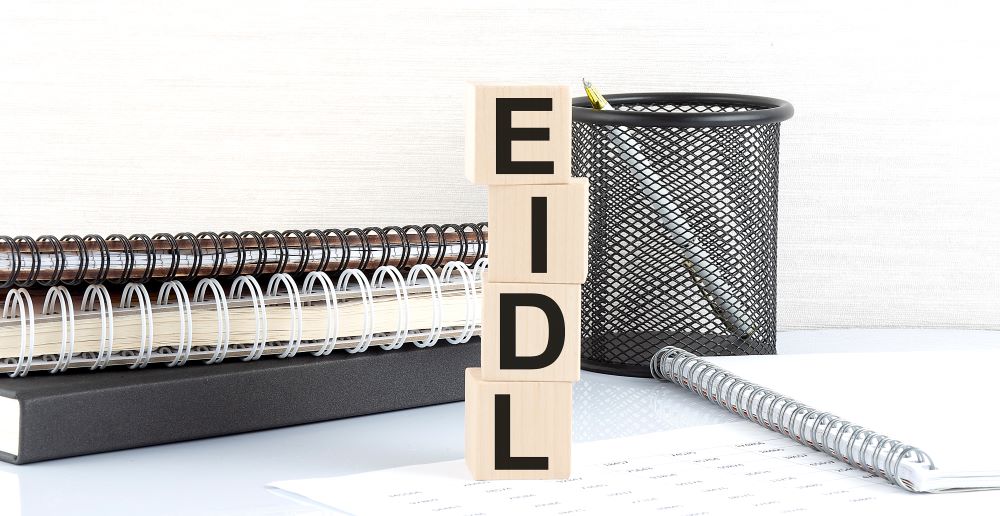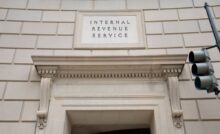SBA Drastically Expands the COVID-19 EIDL Loan Program


Many Atlanta area businesses are continuing to recover from the financial challenges created by the pandemic. Despite the obvious increase in demand for many products and services, many businesses continue to struggle financially. While there are many concerns, a primary issue is the inability to satisfy the deferred and short-term debt obligations taken to survive the early days of the pandemic. When combined with the dwindling number of federal COVID-19 relief programs, it is easy to understand the depth of the issue. The good news is that on September 8th, the Small Business Administration (SBA) announced drastic changes to the COVID-19 Economic Injury Disaster Loan (EIDL) to provide additional benefits to businesses. This includes an increase in the maximum loan amount to $2M, an extended deferment period, simplified affiliation rules, expanded use of loan proceeds, and a maximum cap on corporate groups. To help clients, prospects, and others, Wilson Lewis has provided a summary of the key details below.
Key COVID-19 EIDL Changes
- Expanded Eligibility – Under current regulations, a business is typically eligible for a COVID-19 EIDL if there are less than 500 employees. The new rules maintain the size test but make important changes allowing businesses in the hardest-hit industries such as accommodation and food service businesses (NAICS 72) and arts, entertainment, and recreation businesses (NAICS 71), to apply if there are no more than 500 employees per location with a limit of 20 locations. It is important to note the payouts for each corporate group are limited to $10M in aggregate.
- Simplified Affiliation Rules –Under the new rules, the definition of an affiliated business has been changed for simplification purposes. An affiliated business is “one in which an eligible entity has an equity interest or right to profit distributions of not less than 50%, or in which the entity has the contractual authority to control the direction of the business, provide such affiliation is determined based on agreements existing as of January 31, 2020”.
- Expanded Use of Loan Proceeds – Under prior regulations, proceeds were only allowed to be used to satisfy working capital needs. This meant that payments of federal debt and pre-payment of non-federal debt were not permitted. Unfortunately, those who have not been able to return to normal operations are struggling with deferred debt, past due payments, and cash flow issues. To help remedy the situation, COVID EIDL loan proceeds can now be used to make debt payments including monthly payments, deferred interest, and pre-payment of business debt. It is important to note that proceeds can be used to pay debt obtained both before and after receiving an EIDL loan.
- Extended Deferment Period – To give businesses the time needed to re-ignite operations and return to pre-pandemic levels, the deferment period for these loans has been extended to 24 months. This means a borrower will not have to start making loan payments until 24 months after loan origination. In addition, the SBA will automatically extend the deferment period, so borrowers are not required to make a special request.
Other Important Details
To qualify for the expanded $2M loan amount, a new or existing borrower, must have a credit score of at least 625, provide commercial business real estate as collateral, and provide a personal guarantee of $200,000. The SBA has stated it can take up to 6 weeks for loan applications to be reviewed and a decision rendered. Finally, applicants will need to submit copies of ODA Form P-022 – Standard Resolution, SBA Form 2202 – Schedule of Liabilities, a list of real estate owned, and SBA Form 413 – Personal Financial Statement.
Contact Us
The changes to the COVID-19 Economic Injury Disaster Loan program provided a much-needed relief opportunity for Atlanta businesses. It is important to remember the program expires at the end of the year, or when the $100B in funding is exhausted. If you have questions about the information outlined above or need assistance with an accounting or tax issue, Wilson Lewis can help. For additional information call us at 770-476-1004 or click here to contact us. We look forward to speaking with you soon.
Recent Posts
Discover New Savings Through State Tax Incentives
The last few months have brought economic uncertainty to South Carolina businesses across several industries.…
Relief on Tap for Georgia Taxpayers
Earlier this month Georgia Governor Brian Kemp signed two important parcels of legislation into law.…
Preparing for an ERISA Audit
Preparing for an ERISA plan audit often starts with understanding what the audit looks for…
Auto Dealership Benchmarking
Atlanta car dealerships are constantly searching for ways to increase new and used car sales.…
Navigating New Auto Tariffs: What Dealerships Need to Know
On April 3, 2025, a new 25% tariff on imported vehicles went into effect, bringing…
Leukemia & Lymphoma Society Fundraiser
I want you to imagine hearing the three words, “You have cancer.” Sadly, this has…


